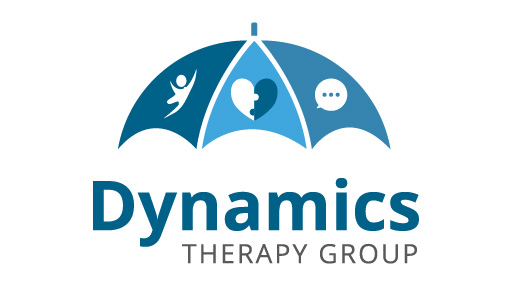
Many have to adjust their lifestyle dramatically due to the COVID-19 pandemic. There is the mandatory masking up and strict adherence to the safe management measures, adults are working from home, children are doing blended schooling, and most are opting to stay indoors, among other significant changes.
On top of all these changes, families of children with developmental delays or special learning and behavioural needs are also finding themselves spending more time with their children at home. And with this comes the additional challenges of having to manage their child’s needs and learning on their own at home.
Benefits of Early Intervention Services During the Pandemic
Relevant and timely support is crucial, especially in times like this, to help parents understand their child’s needs and concerns, connect with the child, and encourage and support the child’s healthy growth. For parents who are considering or whose child is already participating in an Early Intervention Programme (EIP), they can seek the EIP professionals’ advice and help to better care for their child during the pandemic. Having a supportive and communicative partner in their child’s learning can help allay fears, clear doubts and relieve stress, not to mention ensuring stronger overall well-being for parents and child alike!
Children are still growing, developing and learning – regardless of the pandemic. Understanding this, many early intervention services remain available to ensure that every child has the access and opportunities to continue learning and growing, according to their unique needs and abilities.
Additionally, the EIP is able to provide a safety net for these children amid the fluid situation. Some of the children, especially those with autism, may not take well to the disruptive changes around them. The therapists and psychologists in this programme would be able to teach the child to cope with and adapt to the changes and the pandemic.
The need for early intervention services is becoming increasingly important to support families and make a positive difference in their lives during such challenging times.
Types of Early Intervention Service Methods
Children and their families can enjoy any of the different methods available, which have enhanced accessibility and continuity of early intervention services, especially during the COVID-19:
Remote. Online therapy service, or telehealth, has become increasingly relevant and helpful during the COVID-19. Although seemingly impersonal, this method has many merits:
- Therapists are able to conduct similar level of therapy that are just as effective;
- Children who shy away from physical interactions are able to open up more; and
- Those who are unable to travel due to the pandemic are able to have access to therapy wherever they are.
In-person. The regular in-person arrangement is for children who require face-to-face habilitation sessions or access to the facilities and resources available at the clinics. This method can encourage the child to step out of their comfort zone and do things differently. These clinics would have stringent safe management measures in place.
Home visits. Special arrangement can be made for children and family members who, for legitimate reasons, are unable to travel to the clinic for therapy. These children respond better to therapy in a home setting, their natural environment.
Hybrid. A combination of the 3 methods above, some EIP providers may provide the hybrid method for increased customisation, flexibility and convenience to the children and their family members.
Due to the unique needs and temperament of the child, there is no ‘one-size-fits-all’ method to provide therapy services. Parents can consult the EIP professionals to review the options available and select one that best suit both their child’s and their needs.

